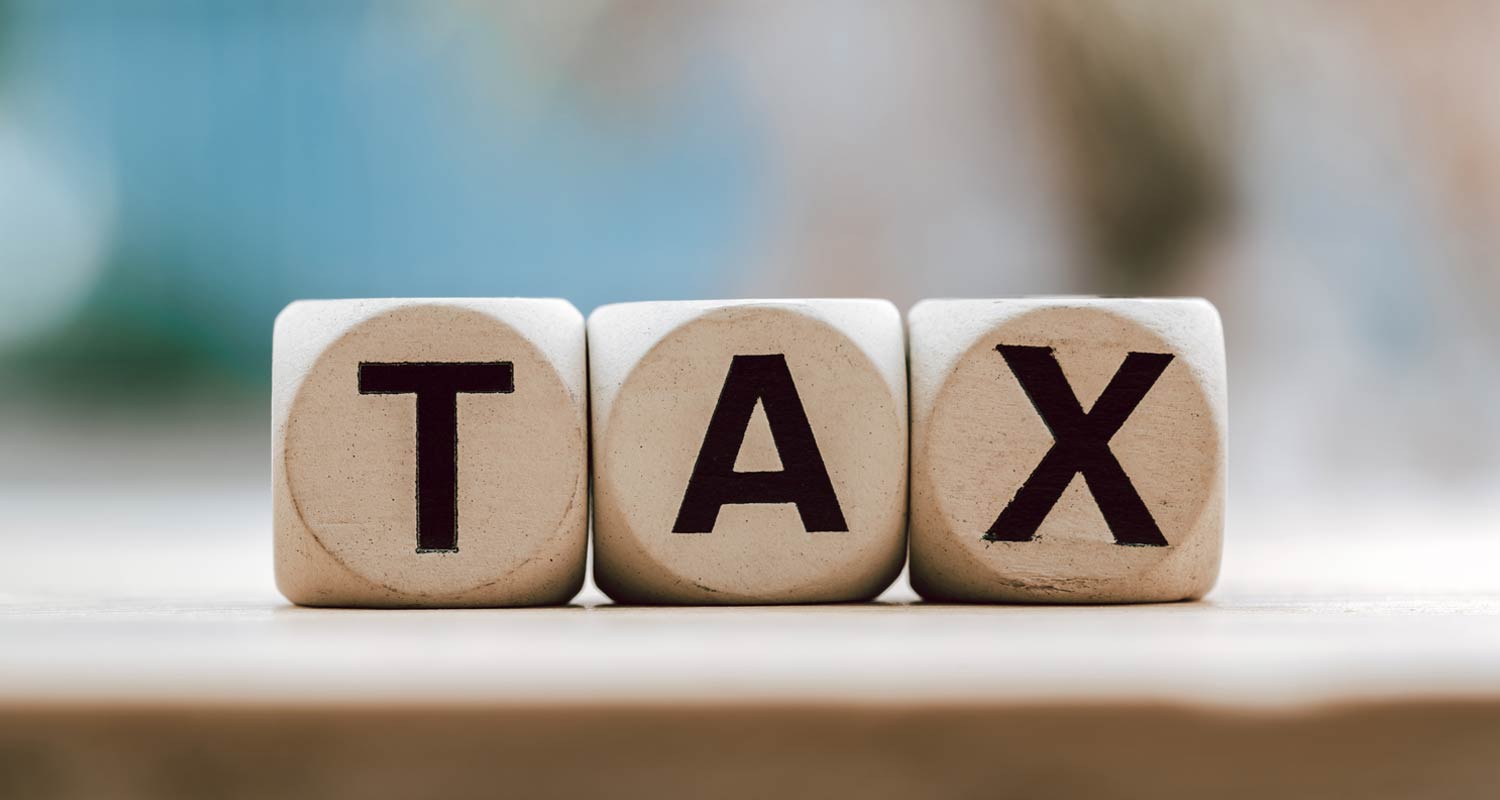 National treasury may have to hike value-added tax on some goods and services to bring in new revenues, accounting firm PwC said.
National treasury may have to hike value-added tax on some goods and services to bring in new revenues, accounting firm PwC said.
Finance minister Enoch Godongwana in November signalled that he would announce new tax measures to raise an additional R15-billion in his 21 February budget. The country is facing spiralling debt and growing spending needs that may be exacerbated by elections in which the ANC risks losing its national majority for the first time since it took power in 1994.
“We really don’t have scope from a corporate income tax point of view,” Kyle Mandy, PwC South Africa tax policy leader said on Tuesday. “Nor do we really have scope from a personal income tax perspective.”
To raise the R15-billion, treasury would have to increase VAT by 0.5% to 15.5%, Mandy said, adding that personal income tax has largely been exhausted and corporate taxes in recent years have been a “volatile” and “unreliable” revenue source. That’s in part due to mining companies, which have contributed to previous windfalls, facing a knock to their profits from lower commodity prices, power cuts and logistics snarl-ups.
“That leaves VAT,” he said, but the question is, “are they brave enough to go and raise the VAT rate” in an election year?
The last time South Africa ratcheted up the levy was in 2018, when it hiked it to 15% from 14%, with the expectation of boosting revenues following hefty spending commitments.
Social grants
A VAT increase could be made more palatable if it is tied to a popular R350 monthly social relief of distress grant for the unemployed, said Mandy. President Cyril Ramaphosa last week pledged to extend and improve the stipend.
Treasury could employ a model similar to the VAT increases of 2018, which then finance minister Malusi Gigaba said would be used in part to fund free higher education announced the prior year, Mandy said.
Read: No immediate plan to cut EV taxes in South Africa
“They actually have an opportunity to link a VAT increase or justify a VAT increase by linking that to the SRD grant.” — Ntando Thukwana, (c) 2024 Bloomberg LP




